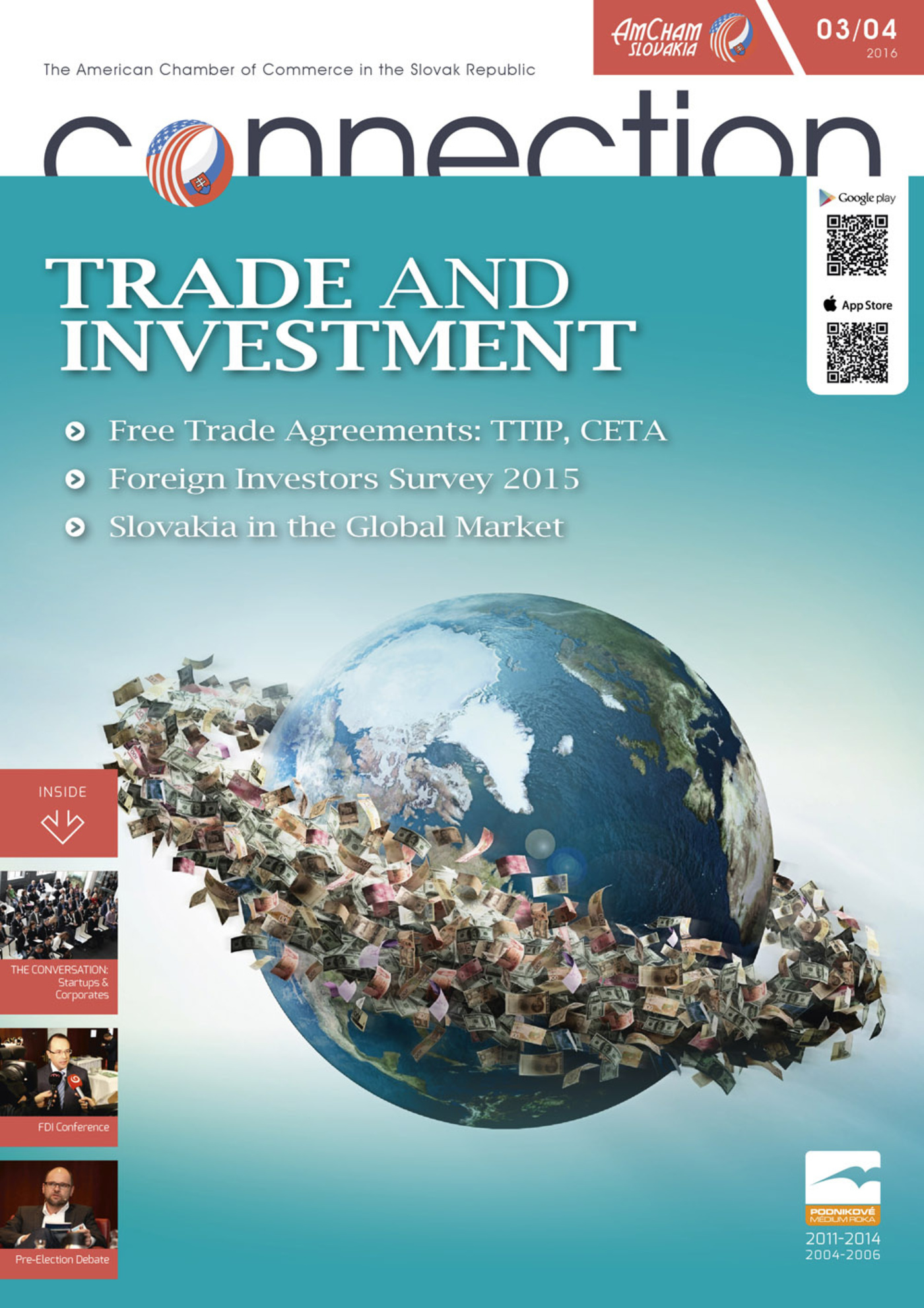On 16 January 2016, the Director-General of the International Atomic Energy Association (IAEA) presented a report to the IAEA Board of Governors and to the United Nations Security Council (UNSC) which confirmed that the Islamic Republic of Iran has satisfied its obligations specified in the JCPOA agreed between Iran and the E3/EU+3 (China, France, Germany, the Russian Federation, the United Kingdom and the United States, with the High Representative of the European Union for Foreign Affairs and Security Policy) on 14 July 2015.
The lifting of nuclear-related sanctions was implemented by the EU through a number of EU Council Decisions and Regulations which apply as of 16 January 2016. As a result, the Iranian economy, one of the last great untapped emerging markets, has been opened to international trade and investments. Iran presents a significant and diverse emerging market for European businesses, especially those engaged in the oil and gas and wider energy sector, together with financial services, manufacturing companies, retail and consumer goods as well as the food and beverage sector. It is necessary to note that there remains a misconception that Implementation Day lifts all sanctions imposed on Iran. This is not the case as businesses which will engage in Iran will still need to comply with wider human-rights and antiterrorism-related sanctions, which remain in place against Iran.
The following restrictions, imposed by the EU against Iran due to its nuclear program, have been lifted altogether or replaced by authorization requirements as of 16 January 2016:
Lifted restrictions
1. Financial banking and insurance measures
- The restriction in relation to fund transfers to and from Iranian persons has been lifted – therefore there are no longer authorization or notification requirements;
- Banking activities – such as the establishment of new correspondent banking relationships or establishment of non-listed Iranian banks in the EU, joint ventures between EU and Iranian banks – are permitted;
- Specialized financial messaging services, including SWIFT, to Iranian banks, natural and legal persons, entities or bodies, are permitted;
- The provision of financial support for trade with Iran, such as export trades, guarantees or insurance, is permitted.
2. Sanctions targeting the oil, gas and petrochemical sectors
- Import, purchase, swap and transport of oil, gas, petroleum and petrochemical products from Iran are permitted;
- In addition, export from the EU to Iran of equipment and technologies for the oil, gas and petrochemical sectors, as well as investment in the Iranian oil, gas and petrochemical sectors, are permitted.
3. Sanctions related to shipping, shipbuilding and transport sectors
- Activities related to shipping, shipbuilding and transport sector, such as sale, supply, transfer or export of naval equipment and technology, construction of cargo vessels, the provision of vessels for oil transportation or storage, the provision of flagging and classification services, are permitted.
4. De-listing of persons, entities and bodies
- A number of individuals, entities and bodies who were previously subject to an asset freeze (or a visa ban) have been delisted;
- However, asset freezes and visa bans remain in place against a large number of natural and legal persons and bodies in Iran.
5. Sanctions related to precious metals
- The sale, purchase, supply, transfer or transport of gold, precious metals as well as diamonds to, from or for Iran, its public bodies or corporations and agencies, is permitted.
Authorization requirements
The following prohibitions have been replaced by authorization requirements:
1. Dual-use equipment
- The prohibition on the sale, supply, transfer or export of dual-use equipment to Iran or for use in Iran.
2. Software restrictions
- The prohibition on the sale, supply, transfer, export of Enterprise Resource Planning Software, including updates to any Iranian person, entity or body.
Prior to engaging in any of the above transactions, authorization in the form of a license should be obtained from the relevant competent authority.
Despite the impression given by some news agencies, a significant number of prohibitions and restrictions that were not part of JCPOA remain in place. These include restrictions such as the arms embargo, prohibition on dealing with missile goods and technologies listed in Annex III to Council Regulation No 267/2012, asset freezes and visa bans against a number of natural persons and legal entities and restrictions related to the transfer of nuclear goods and related activities. Furthermore, it is important to note that there is a difference between the US and EU approach to lifting sanctions against Iran and this is not a simultaneous process.
The lifting of nuclear-related sanctions against Iran is expected to open significant new business and trade opportunities to European companies and to enable Teheran to become an active member of the international community once again. As the majority of Iran’s $100 billion in frozen assets abroad has been made available, it is also expected to import goods and services as well as to renovate and modernize its infrastructure and economic sector. Iran is also the home of the fourth largest proven crude oil reserves and second largest natural gas reserves which is attractive to a significant portion of global energy companies. However, European businesses that are planning to explore the commercial opportunities should proceed cautiously and make sure that their planned activities are not subject to the remaining legal or practical restrictions. It is yet to be seen how the second largest country of the Middle East takes advantage of the newly gained opportunities after nearly two decades of isolation.
Michaela Stessl, Partner, DLA PIPER WEISS-TESSBACH Rechtsanwälte GmbH, o. z.



Follow us